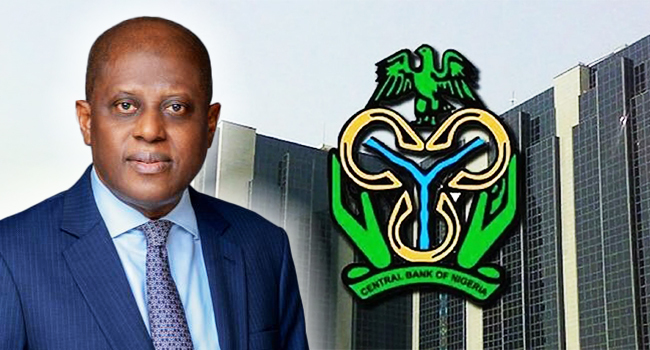The Governor of the Central Bank of Nigeria (CBN), Olayemi Cardoso, has indicated that the apex bank will maintain high interest rates until inflation eases, through the implementation of orthodox policies. Nigeria is currently grappling with stubbornly high inflation, standing at 33.2 per cent, the highest in three decades, with food inflation even higher at 40 per cent.
Cardoso, in an interview with the Financial Times, emphasized the Monetary Policy Committee's (MPC) commitment to employing necessary measures to curb soaring inflation. This approach marks a departure from the previous stance under his predecessor, Godwin Emefiele, who oversaw an inflation crisis by printing money to fund government deficits beyond the 5 per cent limit permitted by law.
Under Cardoso's leadership, the CBN has embraced orthodox monetary policies, including significant hikes in the monetary policy rate, which now stands at 24.75 per cent. While these policies have stabilized the value of the naira against the US dollar, they have also attracted criticism domestically, particularly from businesses facing high credit costs.
Razia Khan, Chief Economist at Standard Chartered Bank, praised Nigeria's return to orthodox policies, noting their endorsement by investors. However, Dumebi Oluwole, Senior Economist at data firm Stears, highlighted the structural nature of Nigeria's inflation, influenced by factors like insecurity affecting food production.
Despite the current high-interest rates, Cardoso expressed hope that they would not persist, as they could deter investment and production. He acknowledged that inflation remained a challenge, partly due to "distortions" in food prices. Victor Chiazor, Head of Research at FSL Securities, emphasized the need for the CBN to maintain a cautious approach to monetary policy to avoid exacerbating inflation.
In conclusion, Cardoso's commitment to tackling inflation through orthodox policies reflects a strategic shift for the CBN. While these measures have stabilized certain aspects of the economy, their long-term impact on investment and production remains a subject of debate.




